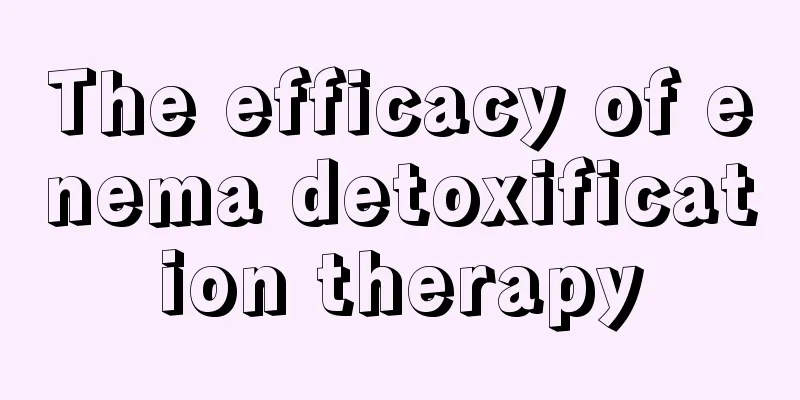Advantages and disadvantages of interventional treatment for liver cancer

|
In recent years, liver cancer has become one of the major diseases that endangers society and human health, and it has brought great pain and distress to humans. In order to reduce the incidence of liver cancer, it is necessary for us to understand the knowledge of liver cancer. What are the advantages and disadvantages of interventional treatment of liver cancer? Disadvantages of interventional treatment: 1. Liver cancer's main blood supply depends on the hepatic artery, but the cancer mass is surrounded by the portal vein, so cancer cells can "survive in peace". 2. The operation is somewhat difficult. The catheter should be placed in the blood supply artery in a selective manner to achieve the best effect. However, sometimes it is difficult to enter the hepatic artery. However, some liver cancers can be supplied by multiple blood vessels. 3. Despite super-selective access, there are still obvious side effects. According to the data analysis of our hospital, the most common reactions are in the gastrointestinal tract. 4. Patients with portal vein cancer thrombus should consider removing the cancer thrombus as appropriate. 5. Even if the superselective operation is carried out smoothly, due to reasons such as high-pressure injection, it may cause accidental embolism, shunting and inevitable micro-metastasis. 6. Normal liver cells are still damaged, and a few patients even suffer from liver dysfunction. 7. The therapeutic effect is not satisfactory for patients with large cancer masses. 8. Some patients’ blood vessels are blocked after one treatment, making further operations difficult. Advantages of interventional therapy: 1. The therapeutic effect is definite. Those who are successfully treated can see a rapid decrease in AFP, reduction in tumor size, and relief of pain. 2. Scientific mechanism: The local drug concentration of interventional therapy is dozens of times higher than that of systemic chemotherapy, and it blocks the blood supply to the tumor. Therefore, the two-pronged approach has good efficacy and less toxicity than systemic chemotherapy. 3. Simple and easy operation, safe and reliable. 4. The elderly, weak and those with certain diseases can also undergo the procedure without general anesthesia and they just need to stay awake. 5. The cost is relatively low. 6. It can be repeated, and the diagnostic imaging is clear and easy to compare. 7. For some liver cancers, the size can be reduced and then resected in two steps. 8. It can be used as one of the important means of comprehensive treatment of advanced tumors. The above are the advantages and disadvantages of interventional treatment for liver cancer. Expert Tips: If you have symptoms of illness, do not delay diagnosis and go to a regular hospital for treatment in time to avoid delaying the disease and causing serious consequences. If you have other questions, please consult our online experts or call for consultation. Liver cancer http://www..com.cn/zhongliu/ga/ |
<<: What are the dangers of colorectal cancer
>>: What diseases can easily be confused with colon cancer?
Recommend
Can I eat loquat if I have a sore throat
As we all know, loquat is rich in nutrients, tast...
What are the treatments for rheumatic arthritis
Good health is the capital of revolution. Only wi...
How to tie a bun when you have a lot of hair
The bun is a favorite of many young women, especi...
The difference between hair oil and conditioner
We usually use conditioner or hair oil when washi...
What causes lumbar disc herniation
Lumbar disc herniation refers to a symptom of lum...
How many years can you live after mid-term liver cancer resection
Since the survival time of some patients with adv...
Why is the mouth crooked
Maybe many people suddenly find that their mouth ...
Why is sweat salty
People often say that sweat is the "air cond...
Is esophageal cancer hereditary?
Esophageal cancer is a malignant tumor that occur...
Can I drink yogurt when I'm hungry?
The reason why the human body feels hungry is bec...
Can gastric lymphoma be cured?
Can lymphoma be cured? The effect of treatment va...
There is a hard lump on the finger joint
Hard lumps on finger joints are mostly caused by ...
How to cook kelp to make it soft? 6 tips to remember
Kelp is a common food in daily life. Eating kelp ...
Warning against the spread of "nightlife syndrome"
Excessive and uncontrolled "night life"...
How to prevent coccidiosis?
Many people don’t know what coccidiosis is. In fa...









